
OR
Foul play suspected as PM Dahal's IT expert shows ‘unusual interest’ in national ID card verification
Published On: April 30, 2023 08:00 AM NPT By: Tapendra Karki

KATHMANDU, April 30: After the cancellation of the national identity card management procedure, the government is now preparing to provide Prime Minister Pushpa Kamal Dahal's IT company to verify the collected details. Schema Technology Pvt Ltd is about to get this opportunity after the government canceled the procedure related to inter-system affiliation which was prepared and implemented earlier by the Department of National Id and Civil Registration (DoNIDCR).
The Managing Director of Schema Technologies Pvt Ltd is Prime Minister Dahal's IT expert Prakash Rayamajhi. "The procedure was canceled because of Prime Minister Dahal's IT expert Rayamajhi," said the source. “It can be understood that the will of the political leadership is also connected behind that objective.”
Deputy Prime Minister and Home Minister Narayankaji Shrestha has been saying that he will not make any decision on this matter immediately, and that no company in the private sector will be allowed to facilitate certification related to inter-system affiliation. After he took the proposal to the Council of Ministers to abolish the procedure on April 18, it was rejected on the same day.
Rayamajhi was appointed as an IT expert by the government on February 13. He has been working in the field of IT for 20 years and has been working in Dahal's secretariat since the beginning. Sources claim that after Dahal was appointed as the prime minister, he got information about government work in the field of information and technology. Also, since he is aware of that procedure, he is going to cancel it anyway and prepare a working environment through his company by revoking the contract given to Advantage International.
According to an employee of the Prime Minister's Office, Rayamajhi is preparing to change the rules and laws in order to benefit his company and to work accordingly through his company. Experts have said that the current Prime Minister's IT expert is also on the path of Asgar Ali, the IT advisor of the then Prime Minister KP Sharma Oli.
The employee of the Prime Minister's Office claims that the government has the right to amend the current procedure if it is immature and to terminate the contract of the company that gets the contract.
National identity card is useless
Due to the lack of management of necessary personnel to facilitate collection, entry and verification of data, the collected details have become useless.
The employees of DoNIDCR say that since the government has abolished the National Identity Card Management Procedure, the National Identity Card will be useless until another procedure is introduced.
According to the employees of the department, it is estimated that there are about 10,000 government organizations using the authentication service, about 50,000 private sector organizations, and about 10 million mobile app users operating at the civilian level. “The work of connecting secure wires between 60,000 offices of 10,000 government and 50,000 private offices and the national identity card system is not possible with only four technical staff working in the department. Therefore, the government is not in a position to hire other employees and technicians immediately,” said the employees of the department.
There are currently four technical staff working in the DoNIDCR as per the government's permanent posting structure. As it is not possible for them to do the work alone, the government should immediately add more staff and put it into use, otherwise they will have to start another way for management.
Joint Secretary Jitendra Basnet, spokesman of the Ministry of Home Affairs, said that the cancellation of the procedure will not cause any kind of problem in government work. "The government has formed another committee to study this issue, it will study and come up with a solution," he said.
According to him, the work of collecting details has not been stopped. The government canceled the procedure on April 18. The government canceled the procedure by stating that foreign companies were trying to gain access to the biological and personal details of Nepali citizens.
The private sector acting as authentication service providers does not have access to citizens' biological and personal details. Only the government has access to the details. The government had canceled the procedure stating that it would allow access to personal details. The private sector acting as a certification service provider acts as a facilitator for certification and reduces the workload of the government.
“Running a certification ecosystem by the government itself would incur an annual operating cost of Rs 1 billion. It also saves costs. For that, the government does not have to manage more than 500 employees separately," said an employee of the DoNIDCR. According to him, all the countries of the world, including India, have given the responsibility of certification facilitator to the private sector and the service flow is also being streamlined.
According to the information provided by the department source, running the authentication ecosystem for 10 years will cost the government Rs 10 billion. But that amount will be saved when the private sector facilitates. "When the government itself operates the certification ecosystem, it will cost them one billion in annual operating expenses, while the private sector will save the government expenses," said the source.
Similarly, the department source said that in India, the Unique Identification Authority of India has 2,000 technical staff working for Aadhaar card operation in India. Although the Indian government has only 2,000 manpower to operate the Aadhaar card system, it has given the responsibility of authentication to the private sector. “Twenty seven different private companies have worked, they have provided the services provided by the government quickly," said the department source.
According to the provision in the procedure, since the verification of citizens is done through an automatic method, it is mentioned that citizens do not have to be physically present at government offices or private sector institutions to receive services provided by the government and the private sector.
Similarly, in remote rural areas where there is no access to the Internet, provision has also been made for how to authenticate citizens using the offline method. The procedure also mentions that authentication service providers and authentication service requesting agencies are prohibited from storing and accessing the biological and personal details of citizens.
The procedure also mentions the matter of taking action according to the prevailing law if the certification service provider and certification service requester violates the prevailing law. If someone does something bad, the procedure also mandates the system to detect such crime.
Meanwhile, the server system used by the authentication service provider, authentication service requesting entity or offline authentication service requesting entity should be placed in a data center or cloud system within the state of Nepal.
The authentication infrastructure operated by the department will not accept authentication requests created from systems located outside the state of Nepal without obtaining permission from the department. The procedure prohibits authentication service providers from storing sensitive personal and biological details of citizens.
As per the procedure, the licensed authentication service provider shall securely forward authentication requests received from authentication requesting entities such as banks and financial institutions, government offices, and citizens through mobile apps to the department for necessary processing, and the department shall securely forward the authentication results provided to the authentication requesting entity after processing the authentication requests.
You May Like This

PM Dahal meets Rabi Lamichhane
KATHMANDU, April 30: Rabi Lamichhane, chairman of Rastriya Swatantra Party (RSP) has met Prime Minister Pushpa Kamal Dahal. ... Read More...

Petitions holding PM Dahal accountable for Maoist War deaths and destruction: What next?
KATHMANDU, March 5: Nepali politics currently stands at a critical and pivotal juncture. The recent order by the Supreme Court... Read More...
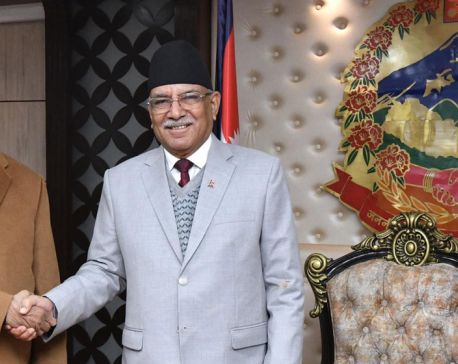
UML loses ‘key’ of govt as PM Dahal wins vote of confidence with unprecedented votes
KATHMANDU, Jan 11: The CPN-UML—the second largest political party in parliament—that broke the erstwhile ruling alliance led by Nepali Congress... Read More...
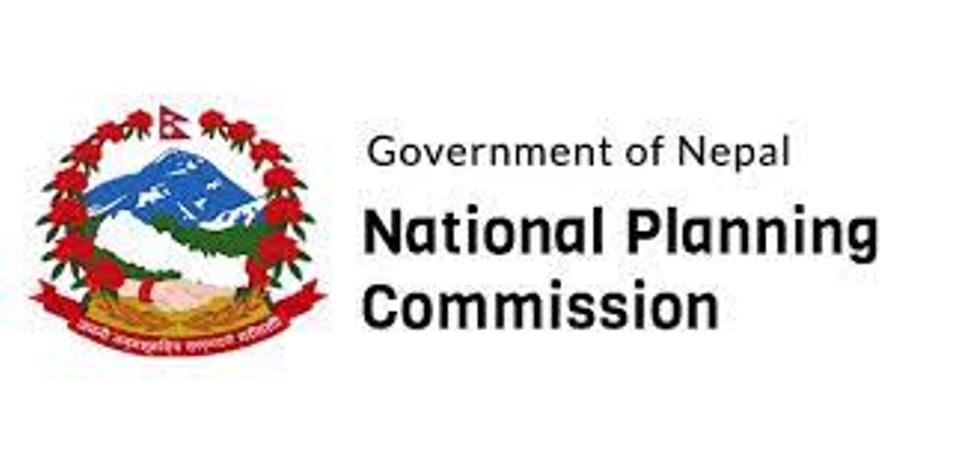
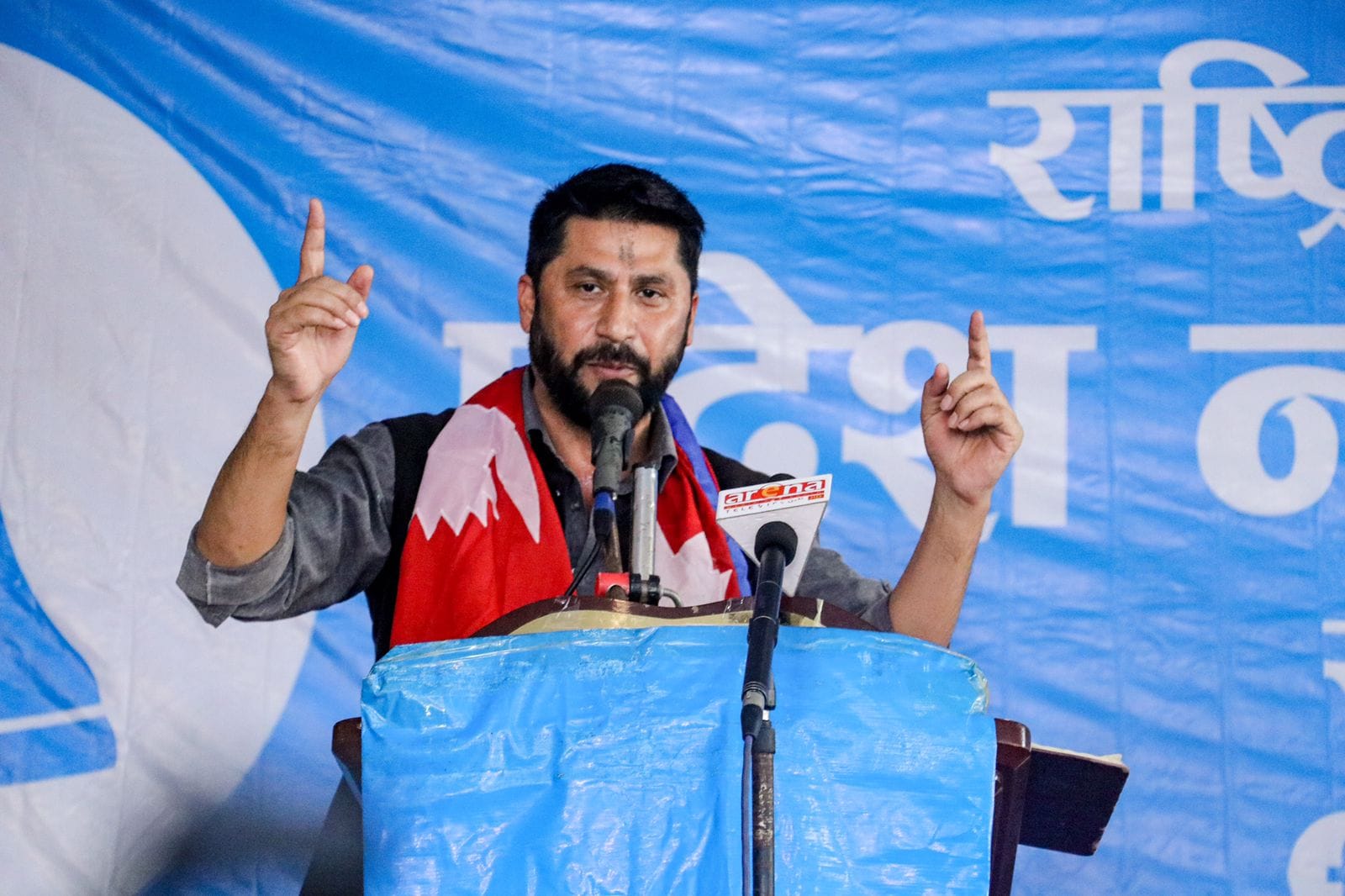

-1200x560_20240313155240.jpg)
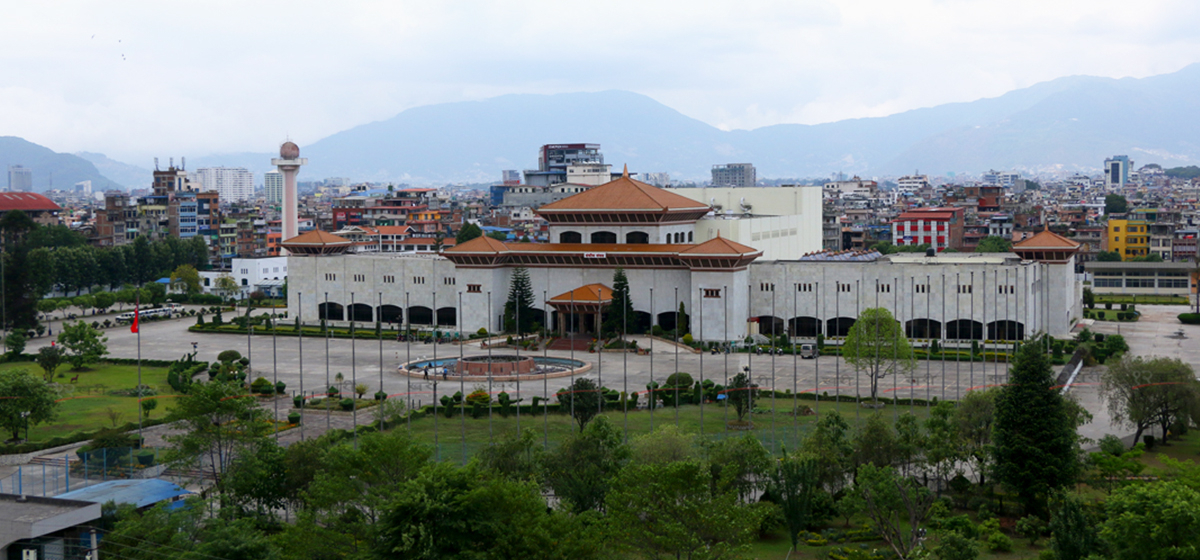

Just In
- Patan High Court grants clean chit to cricketer Lamichhane in rape case
- Hearing concludes on rape case against Sandeep Lamichhane, verdict expected soon
- DPM Lamichhane and Swedish Ambassador Thesleff meet
- Education ministry seeks reasons for removing 10 Nepali students from Bangladeshi scholarship quota
- PM to address parliament on May 19
- Govt’s policies and programs to be discussed in parliament for six days, to be passed on May 22
- Application opens for Miss Universe Nepal 2024
- 14 injured as Bolero jeep carrying funeral procession passengers meets with accident






_20240514180252.jpg)

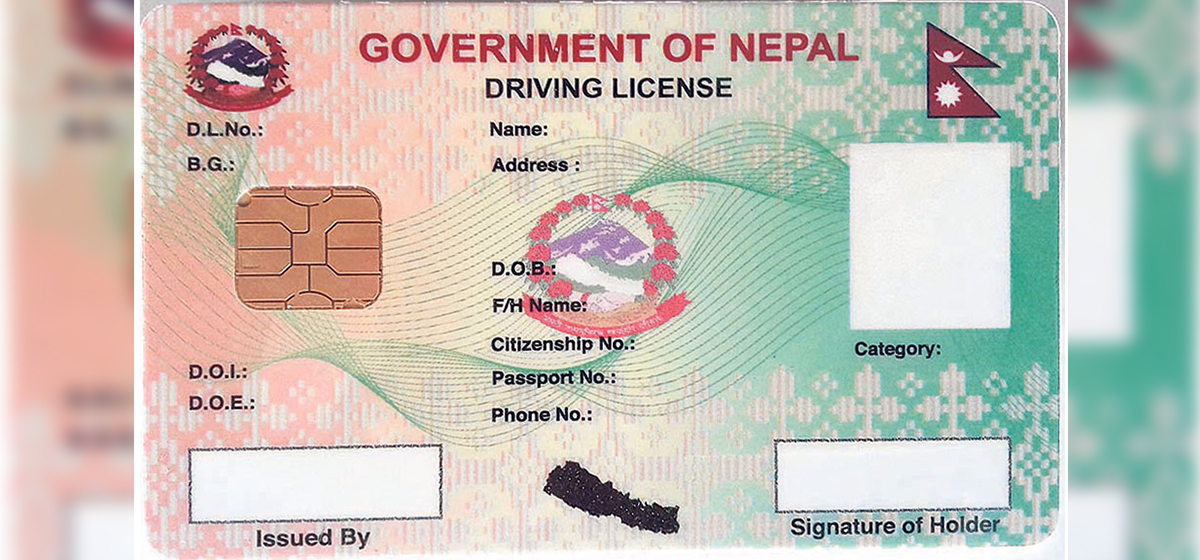

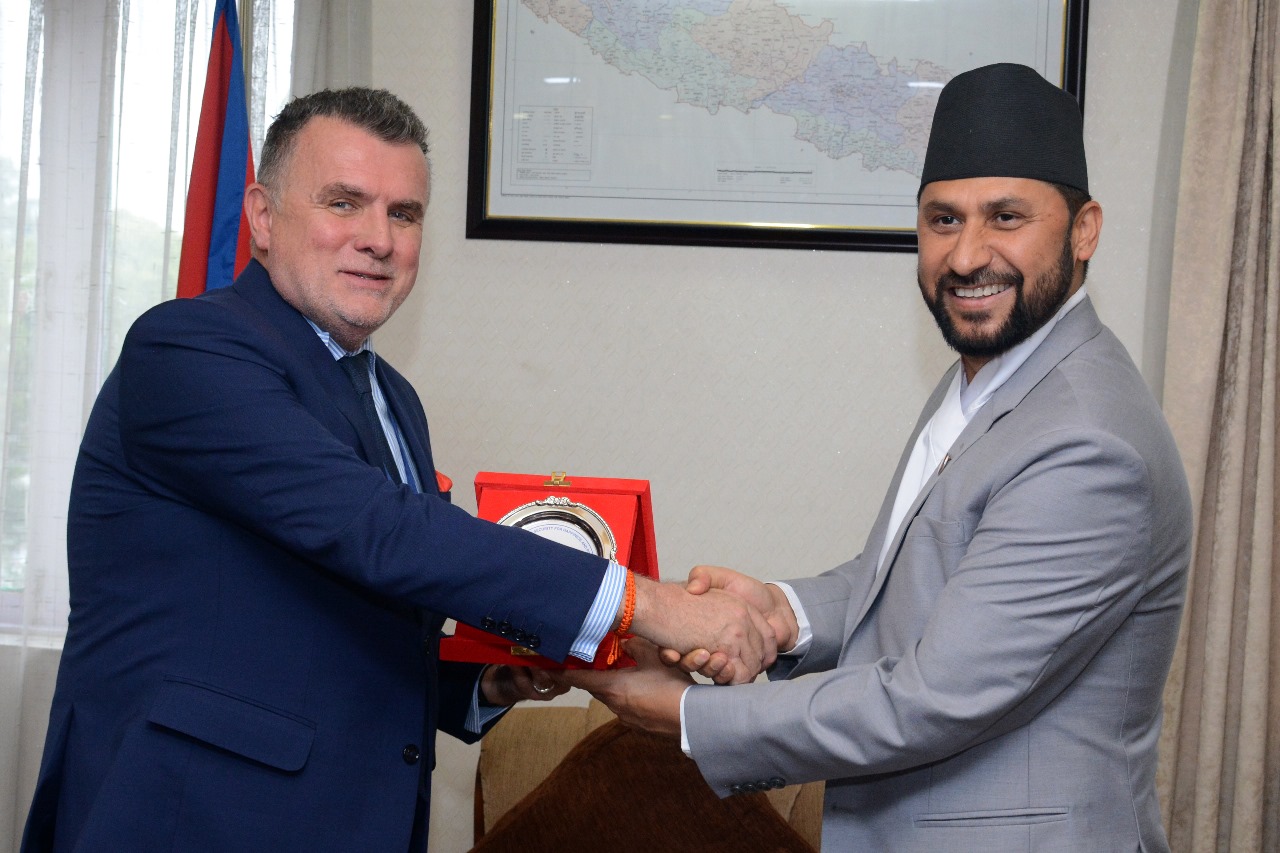

Leave A Comment